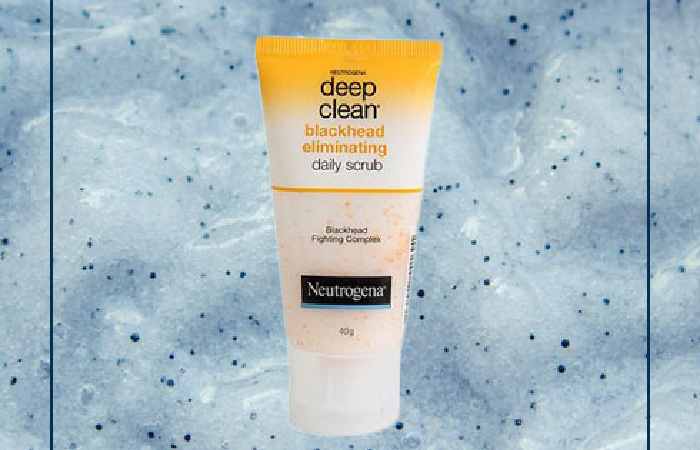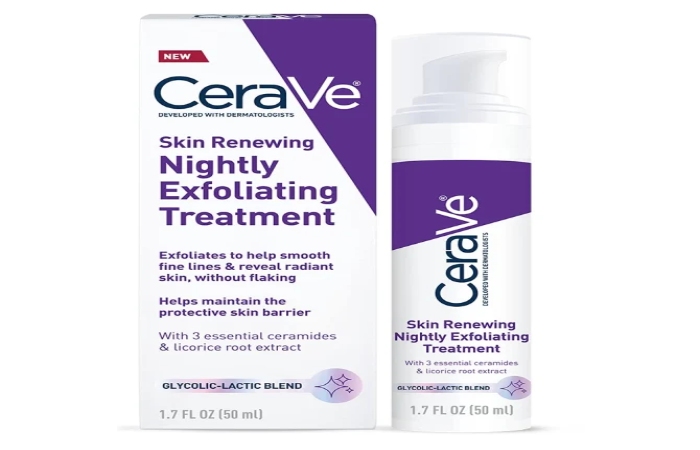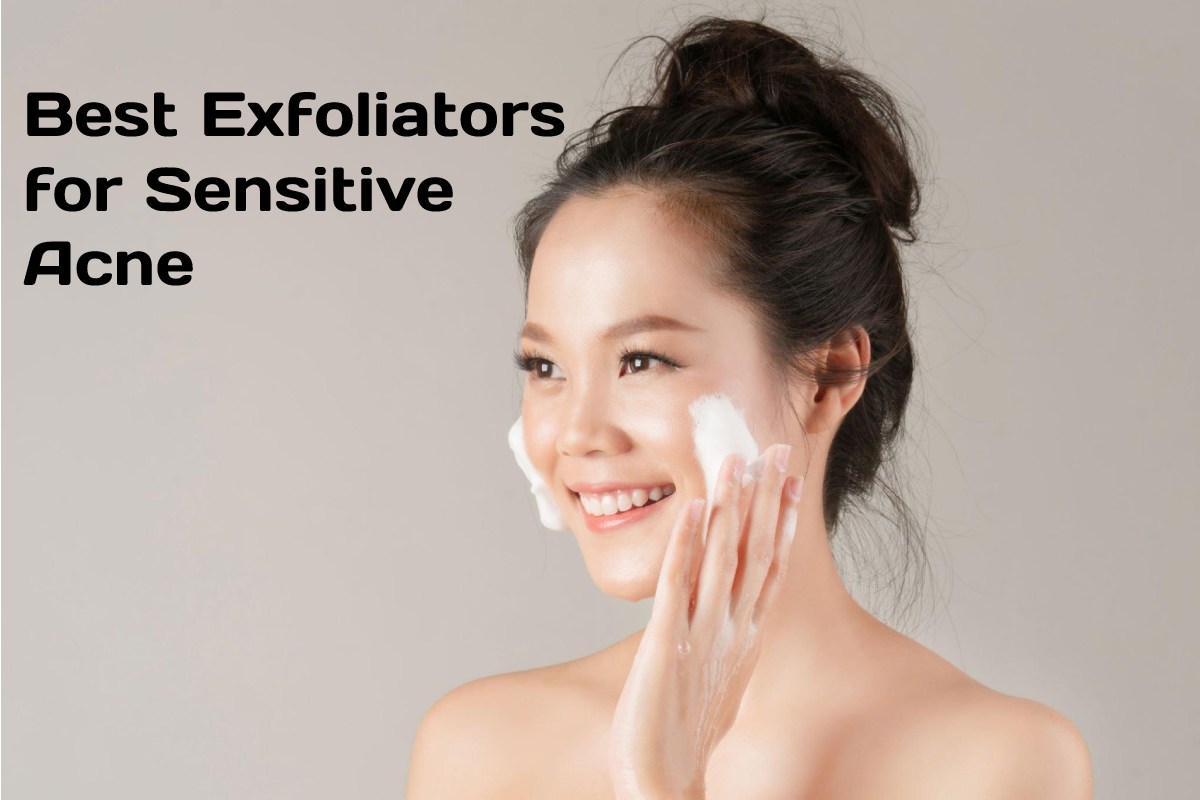Table of Contents
Introduction
While we know that exfoliation is essential in your weekly skincare routine, it’s still important to learn more about your skin type, skin condition, and the types of exfoliants available. It is means you can use the scrub that works best for you. So, fixes exfoliation help with acne? It seems to be a million-dollar question with much contradictory information. In short, the response is yes! Exfoliation helps with acne, but the detail is that you must use the correct exfoliator for your skin type.
Peeling for acne-prone skin has many benefits, including dipping acne. Whether you have blackheads, whiteheads, or other types of pimples on your face, exfoliating to remove dead skin cells and excess oil will help unclog pores and brighten skin.
Best Exfoliators for Sensitive Acne
If you scrap with acne-prone skin, you might feel anxious about adding exfoliators to your skincare routine. While many scrubs are known for leaving skin baby-smooth, others have rigorous formulas that can do more harm than good (such as causing micro-tears, irritation, or just dry, cracked skin). But to avoid future escapes and attain smoother, more even skin, regular exfoliation is essential. That’s why learning the correct exfoliant for acne-prone skin is energetic.
“Acne is the effect of a build-up of oil (sebum) and lifeless skin cells (keratin) within the hair follicle or pore,” says board-certified skin doctor and co-founder of Skintap.com, Dr Mamina Turegano, MD., FAAD. “Exfoliation can help decrease the amount of pore content, which can then reduce acne creation.”
In other words, dead skin cells on the skin’s external trap dirt, oil, and bacteria inside the pores, which causes breaks. Since the primary purpose of exfoliation is to remove dead skin, it is an essential part of an acne-fighting routine. That said, it’s essential to choose the proper scrub.
What Type of Exfoliant is best for Acne-Prone Skin?
There are two types: Physical scrubs, which use tiny particles like rice cakes, cereals or jojoba to d skin cells from the surface. Chemical exfoliants use alpha hydroxy acids (AHAs) or beta hydroxy acids (BHAs) to break down dead skin cells. Both can work on acne-prone skin, but due to chemical peels’ gentle, non-abrasive landscape. They’re a better option to use on blemishes (mechanical peels like microbead scrubs can cause tiny fissures in the skin and irritation).
“I generally recommend chemical peels over physical peels,” says board-certified cosmetic plastic surgeon and founder of the Dr Koo Private Practice skincare line, Dr Michele Koo, MD. “Biochemical exfoliants, like salicylic acid or alpha-hydroxy acids, focus more on the problems that cause acne.” Their solutions can penetrate deep into the skin to unclog pores. She added, “Physical exfoliants can be helpful, but depending on the exfoliant, physical damage (microtears) to the skin can occur without being noticed at first. It can cause long-term problems.” Microtears can sometimes become a home for bacteria and cause inflammation.
How often must you Exfoliate if you have Acne-Prone Skin?
It differs according to the tolerance of each being’s skin. To be safe, try to exfoliate once or twice a week. Keep an eye on how your skin reacts, and then you can increase the exfoliation every other day if your skin can bear it, according to esthetician Ian Michael Crumm.
There is no surprise here. This liquid scrub is a consistent bestseller and the number one choice among dermatologists and beauty experts. The secret is the gentle formula and potent dose of salicylic acid that helps remove dead skin cells, giving you smoother, brighter skin in minutes. But the best portion? “This can be port on after cleansing and matching. Which is a countless way to ensure the exfoliating ingredients have enough time to work their magic, rather than washing it off after a minute or two,” says Crumm.
CeraVe SA Cleaner

If your skin is drier, this is an excellent solution in your bathroom to give your skin the VIP treatment. Not only is it great, but it’s also packed with ceramides to restore the skin’s moisture wall. It contains hyaluronic acid (a potent moisturizing mediator) and niacinamide (a nutrient that helps decrease irritation and avert moisture loss).
Although mechanical exfoliators can often be too harsh to use on acne-prone skin, this one is clear, according to Dr Koo. It’s deliberate with sensitive skin in mind, so rest assured there shouldn’t be any irritating ingredients causing your skin to become inflamed. The scrub uses microfine granules that gently polish the skin to support “natural surface cell revenue.” Plus, the formula contains vitamin C to enhance and protect you from sun damage throughout the day.
Conclusion
Finally, people with extreme slick and thicker skin can shed skin consistently. Yet, we propose those with hypersensitive and dry skin should peel their skin just a single time or two times weekly. I trust with the previously mentioned study; you’ll find the best normal exfoliant for skin breakout-prone skin at home. Exfoliators for Acne
Also Read: Gut Flora Weight Gain

